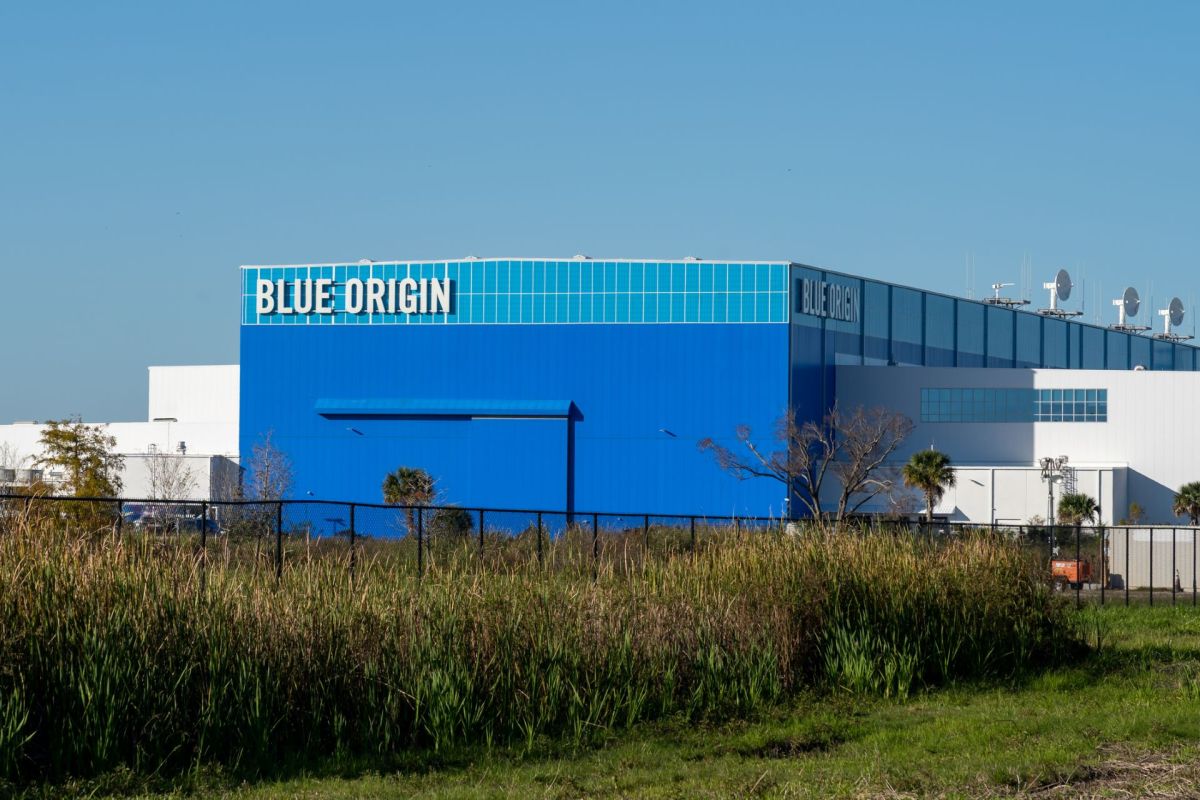Some of the earthly effects of Blue Origin founder Jeff Bezos's race to space can actually be seen from space, and it isn't good.
Bloomberg reports that in June, a plume of methane gas was detected at the West Texas ranch where Bezos is known to test space rockets.
What's happening?
The plume, according to Bloomberg, was picked up by instrumentation on board the International Space Station, which just happened to be passing over the ranch. The nonprofit group Carbon Mapper then analyzed the readings and estimated that the gas was escaping at about 1.7 tons per hour.
This wasn't a one-time occurrence, either. Blue Origin LLC is developing a rocket that runs on liquefied natural gas (LNG), which is almost entirely methane. This means that during development, plumes like this are happening often.
"We frequently transfer LNG from our suppliers into storage tanks at our engine test stands. Everything operated normally," Bloomberg reports Sara Blask, a spokeswoman for Blue Origin, as having said in an email. "There were no issues or reporting thresholds exceeded."
She declined, however, to share the amount of gas that was released, and it's worth noting that the Texas Commission on Environmental Quality (TCEQ) — the state's air regulator — neither imposes limits on methane emissions nor requires disclosure of releases, per Bloomberg.
Why is this plume perturbing?
Methane gas is a key contributor to our planet's rising temperature. In fact, pound for pound, it is at least 28 times more powerful over 100 years at warming Earth than carbon dioxide, according to the United Nations — so large releases like this are very concerning.
As is the fact that they are going to continue. Bloomberg reports that the company filed an air permit application with the TCEQ back in 2020 that said they planned to regularly expel LNG — and to the shocking level of 3.4 cubic feet a year. That amounts to a minimum of 60 tons of the planet-warming gas being put into the atmosphere.
Further, these numbers don't account for the pollution caused by Blue Origin's suppliers in the larger natural gas industry. Natural gas wells and pipelines near where the rocket testing is conducted are estimated to produce nearly 3 million tons of the toxic gas every year.
It seems the race to get people to space will heat up the everyday lives of those of us here on Earth.
What can be done to help?
While there will always be the Blue Origins of the world, we can all do our part to reduce our reliance on dirty energy sources like methane gas.
We can avoid single-use plastics, integrate clean energy like solar or wind at home when possible, replace old appliances with new energy-efficient models, and limit our burning of methane gas by taking public transportation, riding a bike, or upgrading to an electric vehicle.
Join our free newsletter for weekly updates on the coolest innovations improving our lives and saving our planet.









